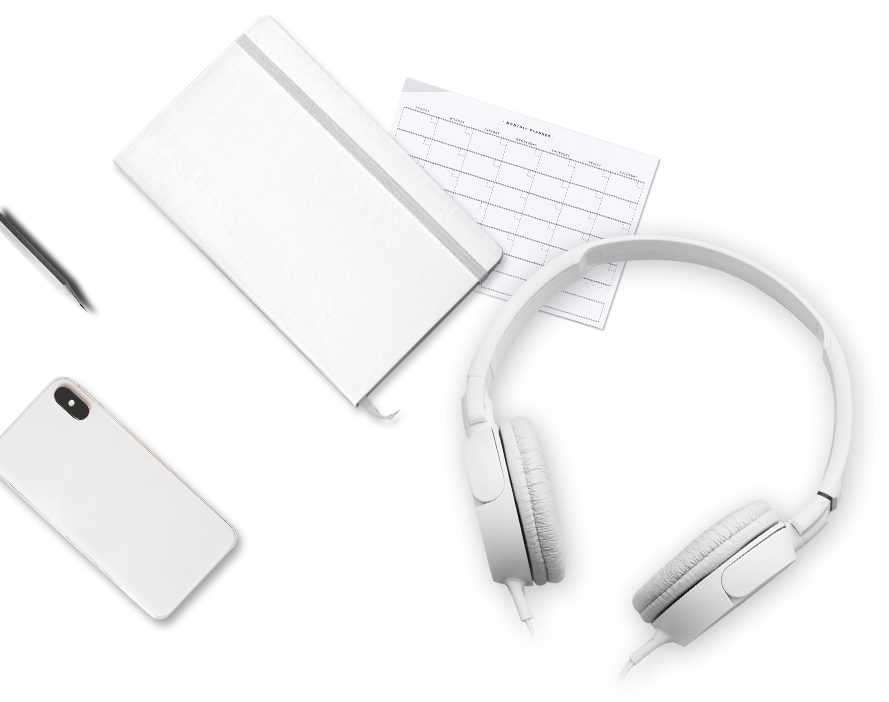Let's learn how to use Korean grammar "V + 느라(고)" with conjugation rules and some simple real-life examples.
V + 느라(고) (“because (someone) was busy doing…”
USE:
V + 느라(고) is used to express the reason or cause of a negative result.
It means “because (someone) was busy doing…” or “due to (doing something)…” in English.
It’s often used when the speaker couldn’t do something or something bad happened because they were busy doing another action.
The result clause (the second part of the sentence) usually shows a negative or undesirable outcome.
CONJUGATION RULE:
V + 느라(고) grammar is used with verbs. The only step of ‘V + 느라(고)' conjugation is to attach 느라(고) to the verb stem. 고 can be dropped and just 느라 can also be used.
EXAMPLE SENTENCES:
- 숙제하느라 친구를 못 만났어요.
→ I couldn’t meet my friend because I was doing homework. - 일하느라 너무 바빴어요.
→ I was too busy because of work. - 영화를 보느라 전화 못 받았어요.
→ I couldn’t answer the phone because I was watching a movie. - 늦게 일어나느라 아침을 못 먹었어요.
→ I couldn’t eat breakfast because I woke up late.
Additional notes:
- 느라(고) connects two actions where the first one caused the second one to happen (or not happen).
- You can either attach 느라(고) or only 느라 both are correct.
- It can only be used with negative or undesirable results — not for positive outcomes.
✅ 숙제하느라 못 갔어요. (natural)
❌ 숙제하느라 상을 받았어요. (unnatural) The subject of both actions must be the same person.

